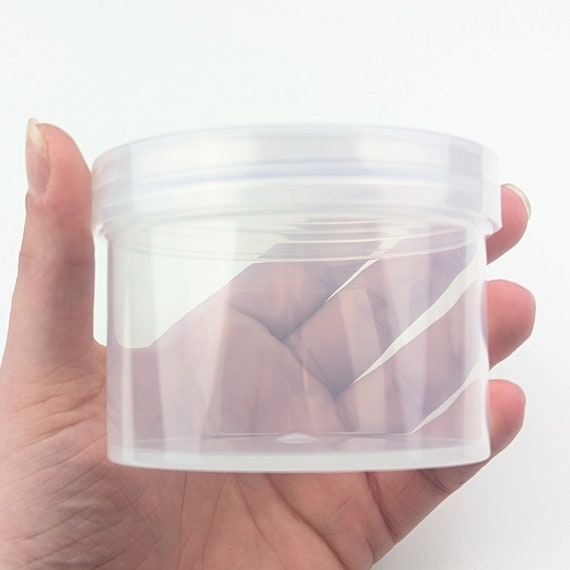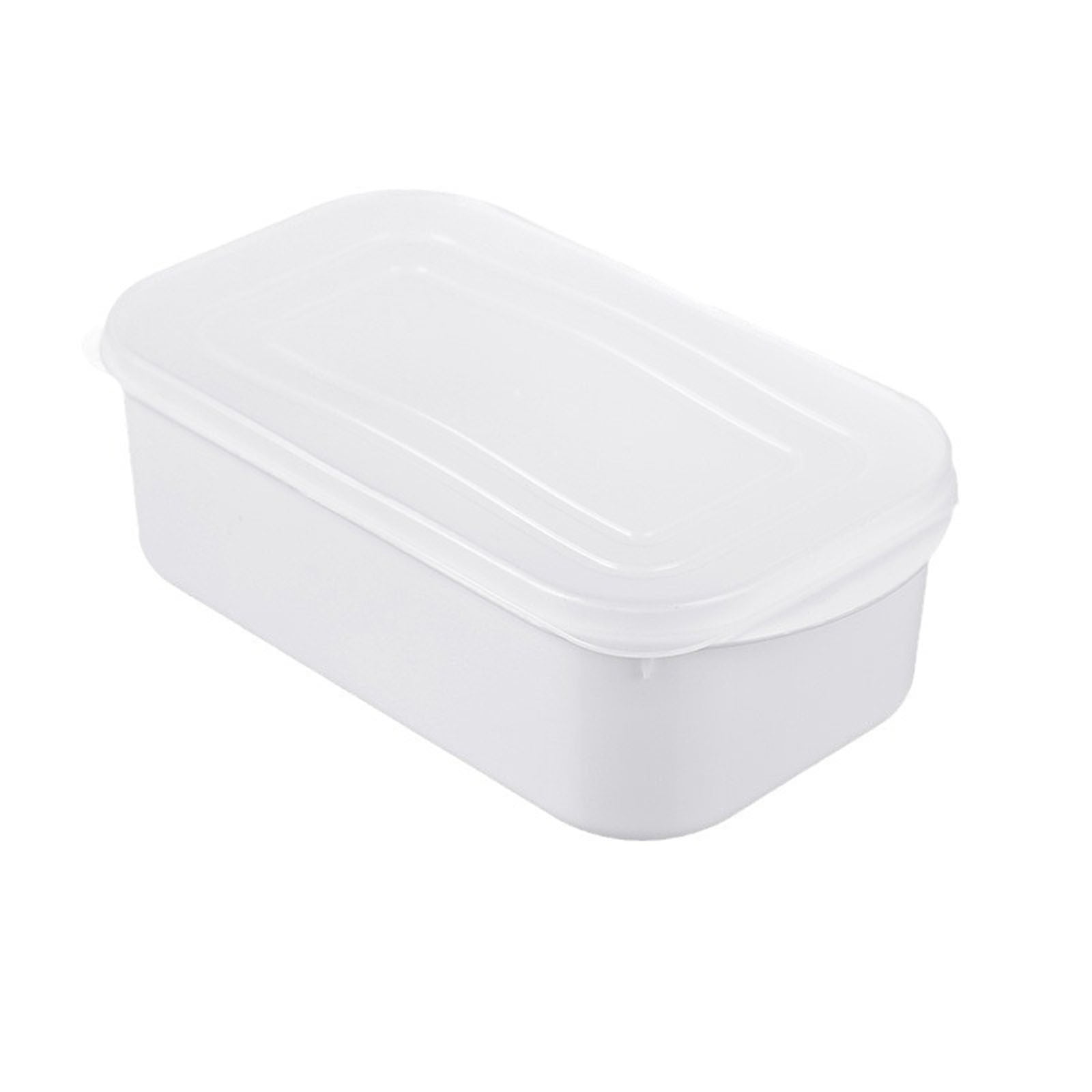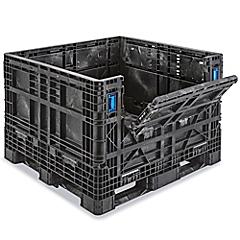Everything About Bulk Plastic Containers: Advantages, Applications, and Sector Insights
Bulk plastic containers play a considerable role in different industries, offering benefits that boost effectiveness and sustainability. Their lightweight nature decreases shipping costs, while their longevity guarantees risk-free storage space and transport of varied items. As companies significantly seek environment-friendly services, the demand for these containers is expanding. This raises important questions about the products utilized and the patterns influencing their style. What effects do these aspects have for the future of bulk plastic containers?
Advantages of Mass Plastic Containers
Mass plastic containers use a wide variety of benefits in different industries. Their lightweight design significantly decreases transport costs, enabling efficient logistics and easier handling. Furthermore, these containers offer sturdiness and resistance to weather elements, chemicals, and physical impact, making certain the risk-free storage space and transport of products. The flexibility of mass plastic containers enables them to be molded right into various forms and sizes, dealing with specific industry demands.

Common Applications Across Industries
While various industries make use of bulk plastic containers, their applications are particularly famous in markets such as food and beverage, pharmaceuticals, agriculture, and production. In the food and beverage industry, these containers are important for storing and delivering items like grains, liquids, and prepared dishes, making sure quality and security. The pharmaceutical sector depends on bulk plastic containers for protected storage of vaccinations and drugs, preserving compliance with strict laws.
In farming, these containers promote effective handling and transport of fruit and vegetables, fertilizers, and chemicals, while likewise supporting lasting practices through recyclability. Manufacturing sectors use bulk plastic containers for parts storage space and setting up line operations, advertising organization and operations performance. Additionally, these containers offer a substantial role in logistics and supply chain monitoring, simplifying the motion of goods across various industries. Overall, the versatility of mass plastic containers makes them vital across numerous industries.
Material and Style Considerations
When choosing mass plastic containers, material and design considerations play an important function in ensuring performance and conformity with market criteria. The choice of product greatly affects the container's sturdiness, weight capacity, and resistance to ecological elements. Usual products consist of high-density polyethylene (HDPE) and polypropylene, known for their toughness and chemical resistance.
Design elements, such as size, form, and closure mechanisms, additionally influence functionality. Containers with ergonomic manages and stackable designs improve storage efficiency and simplicity of transport. In addition, functions like venting or drain holes may be necessary for certain applications, permitting air flow or fluid removal.
Compliance with security laws, such as FDA approvals for food-grade applications, is important. plastic bulk containers. In general, cautious factor to consider of products and design can enhance efficiency and longevity, ensuring that bulk plastic containers more tips here satisfy the varied demands of various sectors efficiently
Patterns wholesale Plastic Container Usage
As sectors evolve, the use of mass plastic containers is progressively affected by sustainability and performance. Business are choosing environmentally friendly products, such as recycled plastics, to lessen environmental influence while maintaining durability. This change is driven by consumer demand for regulatory pressures and sustainable practices intended at decreasing plastic waste.
The trend toward automation in logistics and supply chain management is improving container designs. Bulk containers are now being crafted for compatibility with automated systems, enhancing functional performance. Light-weight layouts are additionally getting traction, as they decrease shipping internet costs and energy usage throughout transport.
On top of that, personalization is coming to be a focal point, enabling services to customize containers to details needs, therefore optimizing area and performance. These patterns show a broader commitment to sustainability, innovation, and efficiency within various sectors, making sure that bulk plastic containers continue to play an important function in contemporary supply chains.
Finest Practices for Storage Space and Transportation
Effective storage and transportation of bulk plastic containers need adherence to finest practices that boost security and efficiency. First, containers need to be stacked firmly, assuring that weight is equally distributed to avoid tipping or damage. Utilizing pallets can facilitate simpler motion and safeguard the containers from ground wetness. In addition, appropriate labeling is vital for fast recognition and tracking throughout transit.
Temperature control is an additional critical variable; extremes can compromise the integrity of the materials. It is suggested to keep containers in a climate-controlled environment when needed. For transport, picking proper automobiles developed for mass tons assurances stability and lessens threat during transit.
Routine evaluations of containers before storage space and transportation help recognize any type of wear or damages, allowing for timely maintenance or replacement. By complying with these ideal techniques, companies can maximize the lifecycle of mass plastic containers while preserving functional effectiveness.
Often Asked Questions

Are Mass Plastic Containers Recyclable After Use?
Yes, bulk plastic containers are typically recyclable after usage. Nonetheless, recyclability depends on the product type and neighborhood recycling programs. Appropriate cleansing and best site sorting are important to guarantee they are approved by recycling facilities.

What Is the Life-span of Mass Plastic Containers?
The life-span of mass plastic containers generally varies from five to 10 years, depending upon usage conditions, material high quality, and ecological factors. Bulk Plastic Containers. Proper maintenance can prolong their longevity, making them a lasting storage space service
Can Mass Plastic Containers Be Custom-made?
Yes, bulk plastic containers can be customized. Makers usually provide alternatives for size, shade, branding, and material, permitting services to customize containers to their certain demands and improve their product discussion and functionality.
Exactly How Do Bulk Plastic Containers Contrast in Cost to Alternatives?
Bulk plastic containers generally offer a reduced price compared to options like metal or glass, due to their light-weight nature and resilience. This makes them an economical choice for organizations requiring effective storage remedies.
Are There Safety Regulations for Utilizing Mass Plastic Containers?

Mass plastic containers play a significant function in various sectors, offering benefits that improve effectiveness and sustainability. While different markets utilize bulk plastic containers, their applications are especially noticeable in industries such as food and beverage, pharmaceuticals, farming, and production. Production sectors utilize bulk plastic containers for parts storage and setting up line procedures, advertising organization and operations performance. When selecting bulk plastic containers, product and style considerations play an important duty in guaranteeing performance and compliance with industry requirements. As sectors evolve, the use of bulk plastic containers is progressively influenced by sustainability and efficiency.